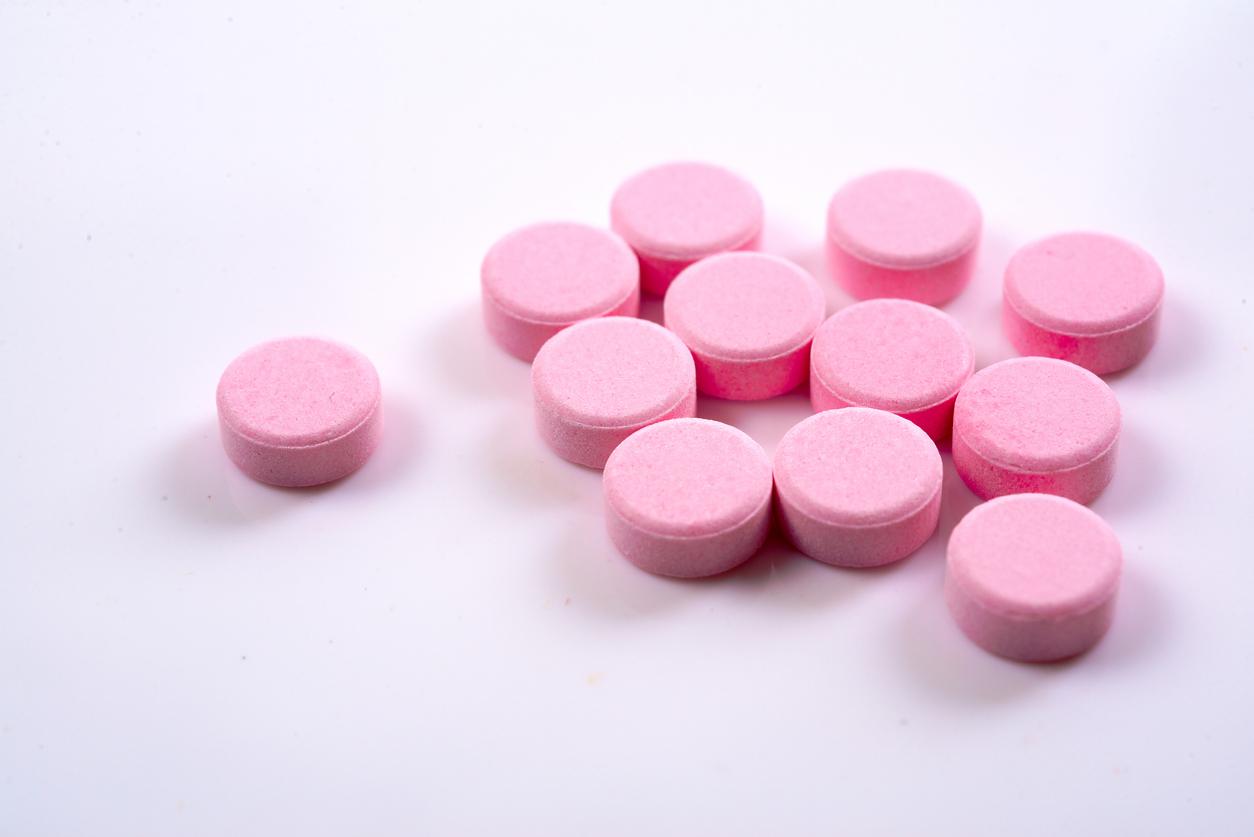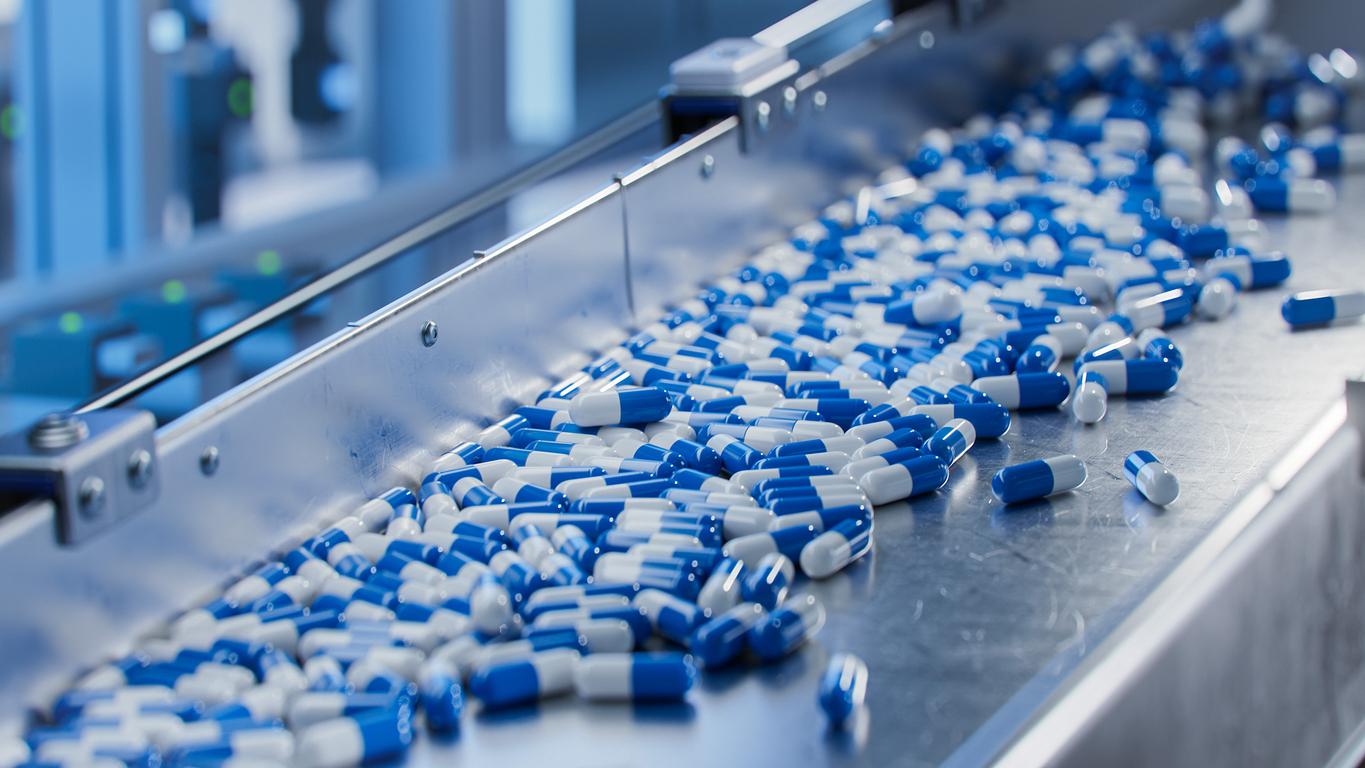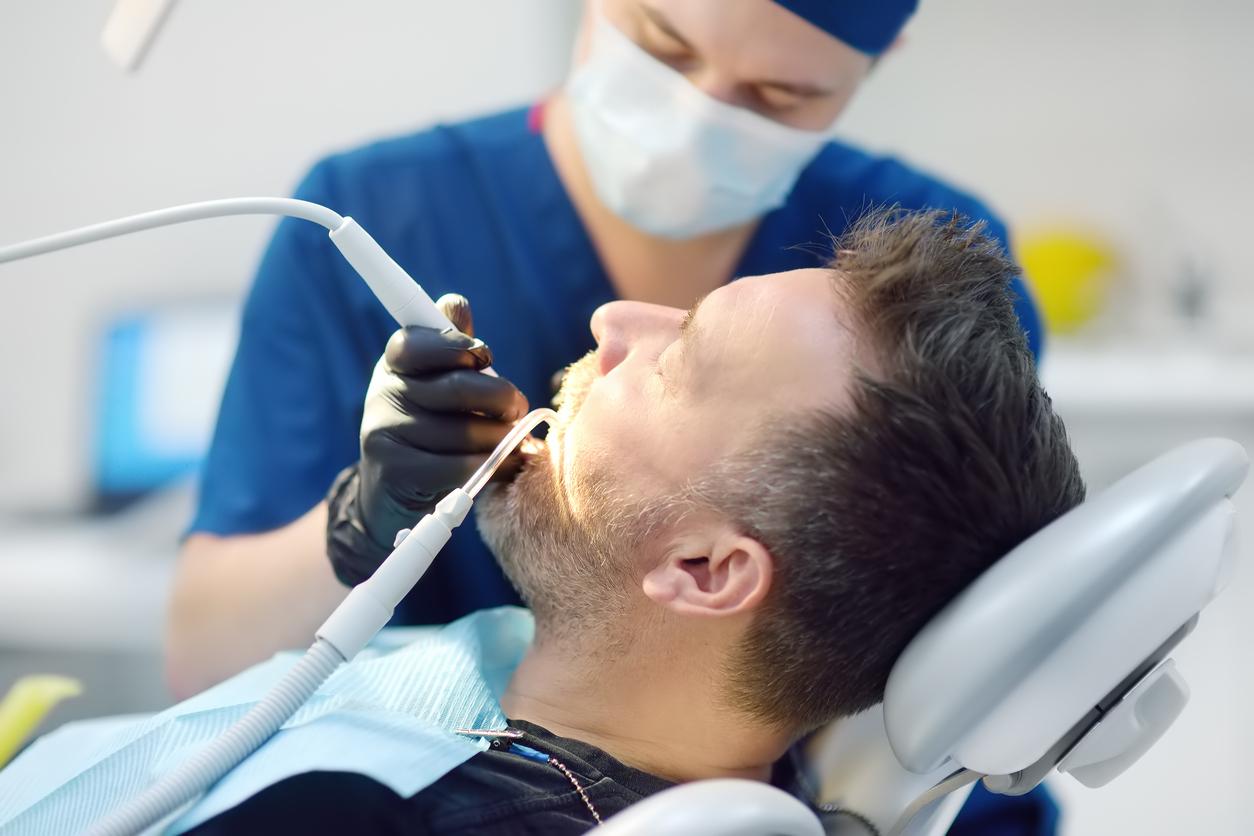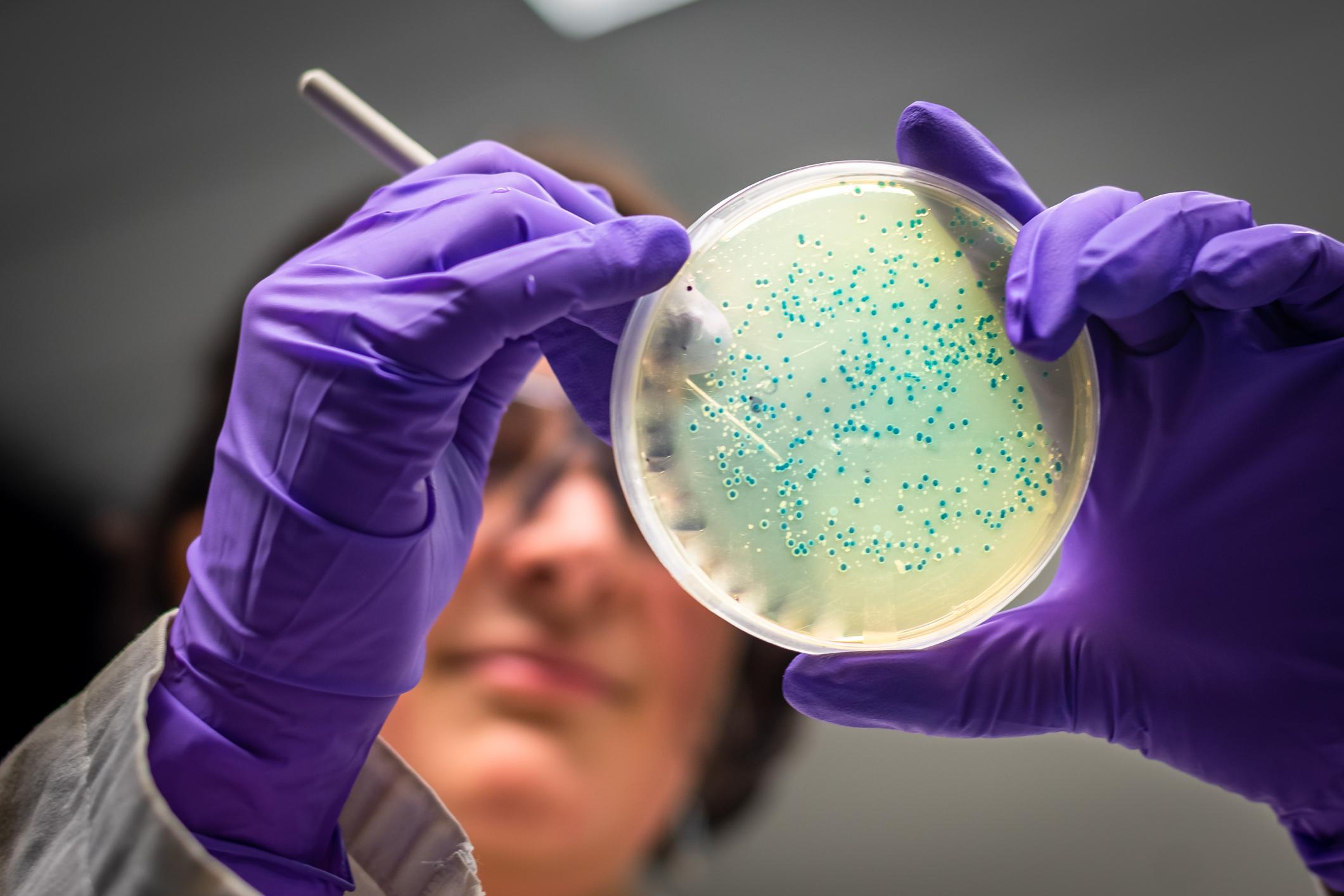75% of French people say they have confidence in medicines against 87% in 2013 according to an Ipsos survey carried out for manufacturers in the sector.
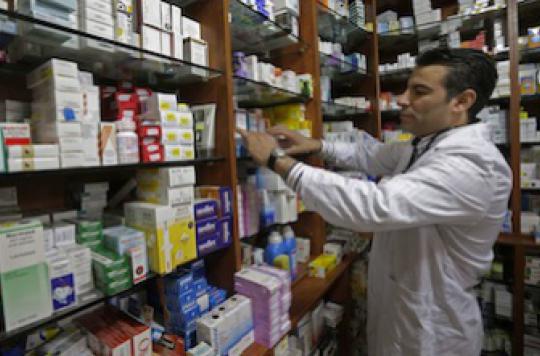
Nearly one in two French people (45%) take a medicine every day. Have recent cases, including those of the Mediator, affected patients’ confidence in pharmaceutical products? Yes, if we are to believe the results of the Societal Observatory published this Thursday and for the 4th consecutive year, the professional organization federating drug companies, Leem.
The Ipsos study (1) this year highlights a general feeling of mistrust among the French. All economic sectors are affected by this crisis. 8 out of 10 French people say that you are never too careful when dealing with others.
This climate does not spare the pharmaceutical sector. Compared to 2013, the confidence index for laboratories loses 5 points (57%). This fall seems to be more under control than in other sectors: – 15 points in the food industry (38%) and – 13 points for mass distribution (39%). Nonetheless, the drug’s image took a severe hit within a year. 75% still trust him today but they were 87% in 2013.
A drop in confidence that no drug escapes
All types of drugs are affected by this questioning. However, the medical surety remains an important asset. 88% of those questioned say they have confidence in medicines prescribed by a doctor compared to 66% for those delivered without a prescription. Likewise, the brand remains a benchmark with a confidence index of 83% compared to generics (66%).
71% of people interested in side effects
The safety of molecules is, of course, at the center of the concerns of the French For example, side effects alone concentrate a large part of their concerns: only 47% consider that they are better controlled, i.e. a drop of 11 points per compared to 2013. Finally, 23% of adults believe that the level of security has fallen and 76% say they are poorly informed.
“When asked about the information that interests them most personally about drugs, they spontaneously cite side effects (71%) and contraindications (58%). Efficiency comes far behind (15%), proof that it is not questioned by a majority of French people, ”Ipsos and Leem nuance in a press release. According to the authors of this survey, it is the accumulation of controversies over the drug for several years in France that ended up leading to mistrust among the population, with questions about the capacity of the health system to effectively control the drug.
(1) Carried out between February 24 and March 3, 2014 on 1017 individuals representative of the national population
.











